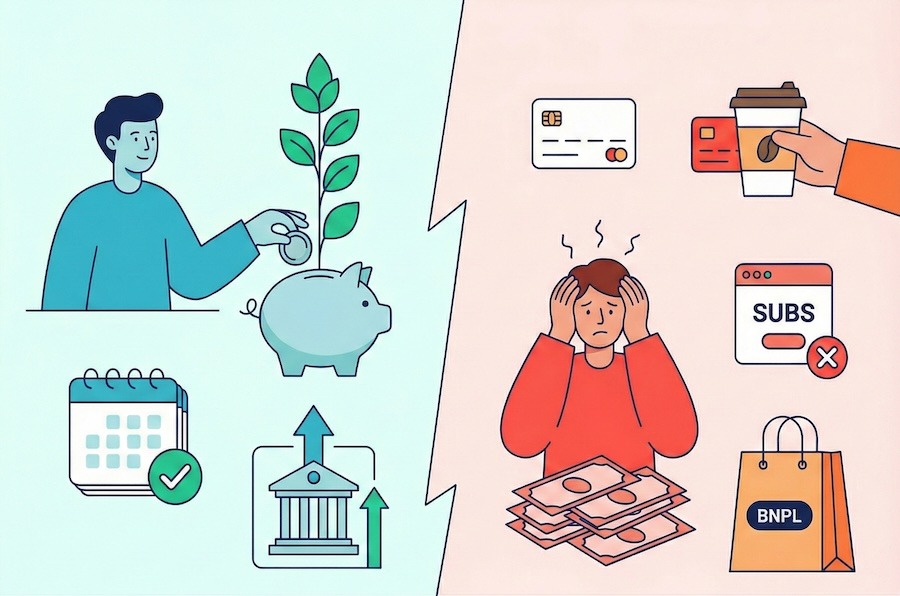What is Income Protection Insurance
Income protection/continuance insurance is mandatory for all working persons, and especially important for younger people who have a long working life ahead of them.
But you have to make sure its commission free. Insurance commissions are huge: more than 20% of all premiums are paid back to the adviser as a commission, unless you do something about it.
Easy Refunds allows all you to get the commission component of your annual premiums back each year. And Easy Advice can help you arrange new income protection insurances (and all other risk insurances) on a no-commission basis. This means our clients pay on average 20% less for their risk protection insurance than virtually everyone else.
What is income protection insurance?
Income continuance or protection insurance involves the life insured paying a premium to an insurer in return for the insurer agreeing to pay a set amount to them should they be unable to work for more than one month or some other agreed period.
The set amount is usually set as a monthly, fortnightly or weekly amount, and as a maximum tends to be about 75% of your usual income. For self employed persons, it is important to seek advice so that you know exactly how much you can be covered for.
So, if a person damages her back playing basketball, and is laid up and unable to walk unaided for say three months, once one month has passed she can claim a monthly amount of, say, $10,000 per month, or the equivalent of $120,000 a year, under the income protection insurance contract, being 75% of her total reward from working.
But getting by for less than a few months will not be a big deal for most people, the key is making sure you have enough cash flow for the short term. It’s getting by for 3 years, or even 3 decades that is our big worry. It’s that bus that does not kill you but which causes mild brain damage that is the real concern here: your life expectancy stays the same but your earnings expectancy falls to nothing. For this reason you may prefer policies with a longer waiting period rather than a shorter waiting period, as the premiums are significantly lower. A sound case can be made for running the risk that a person is off for between one month and three months, but insuring the risk that the person is off for more than three months. But it also depends on the person’s attitude to risk. You must be comfortable with the risk they run.
The number of financial dependants, whether they be children, parents or siblings, is relevant to the quantum of the sum insured, just as it is in the case of life insurance. But, unlike life cover, even without any dependants you will still need income protection insurance.
The policy documents need to be read carefully, and there is no substitute for an honest and competent adviser. For example, some policies are cancellable: each year the insurer can elect to cancel/not renew the policy if it wishes to. It can cancel the policy, for example, if the insured is in poor health! This is remarkable, if you think about it. Do not touch cancellable policies: only non-cancellable policies (or guaranteed renewable) should be considered. And the payments must last to at least age 65: many of the cheaper policies stop all payments after two years. Not much good at all for a 35 year old person with a dependant spouse, three young children with a condition that means they can never work again.
Premiums are usually tax deductible, because they relate to the insured’s assessable income, which will include any benefits paid under the policy.




